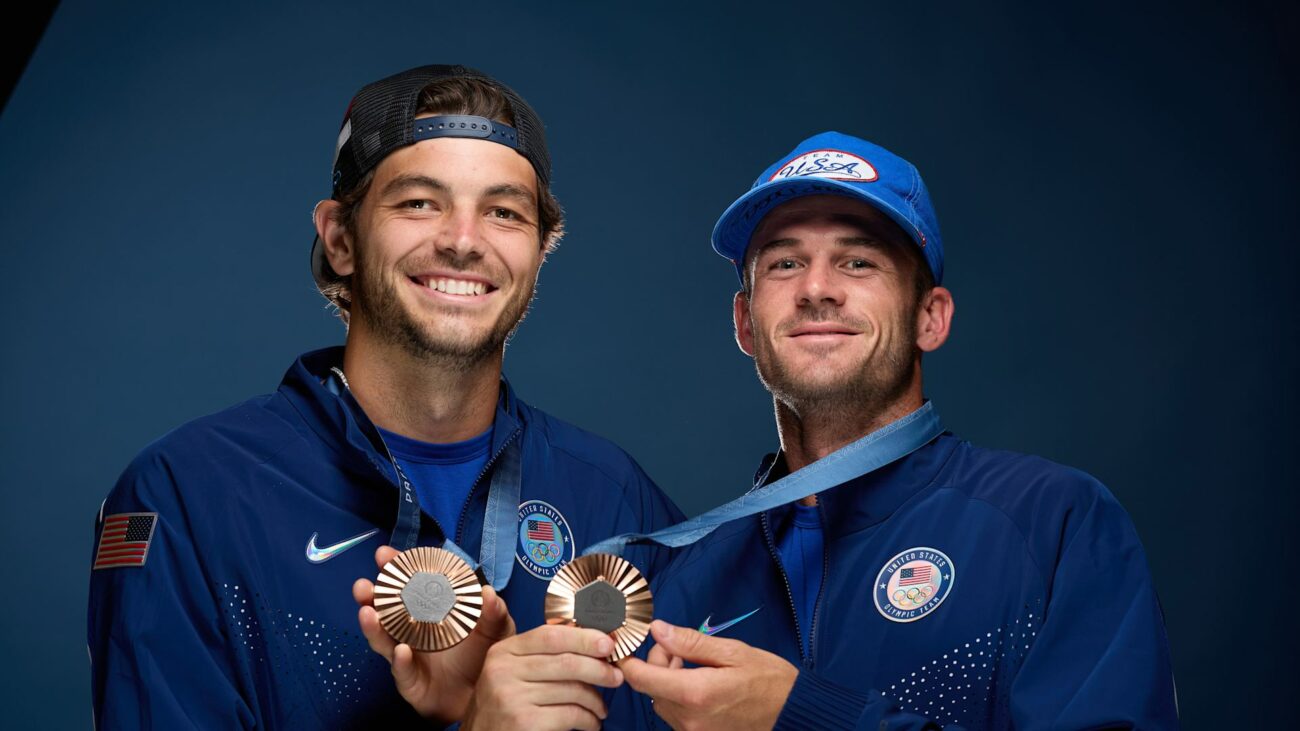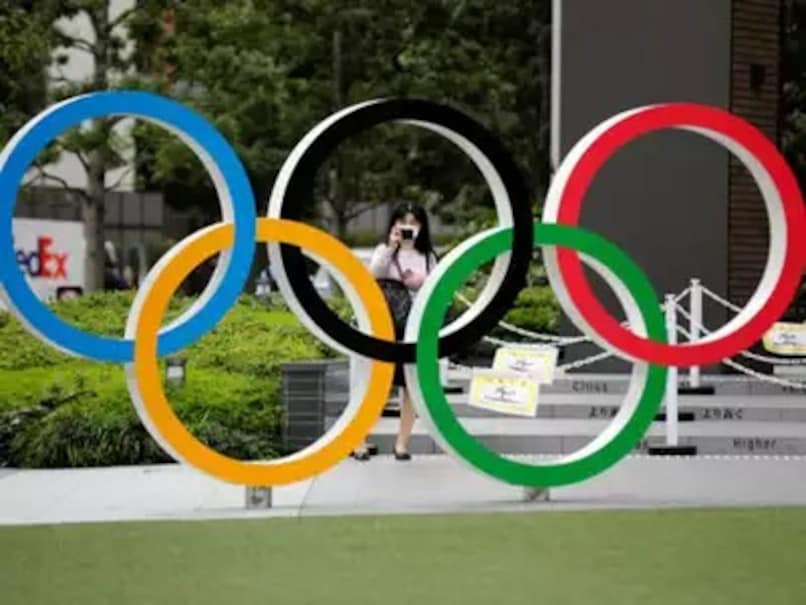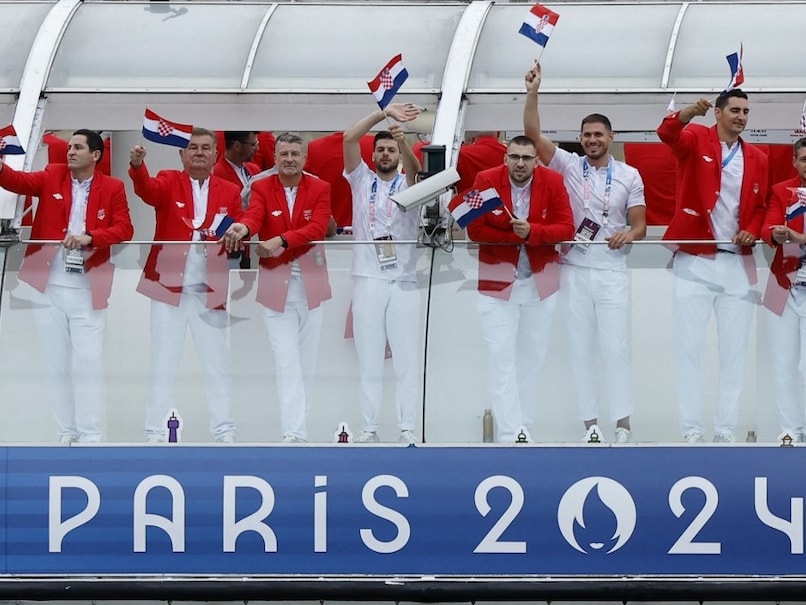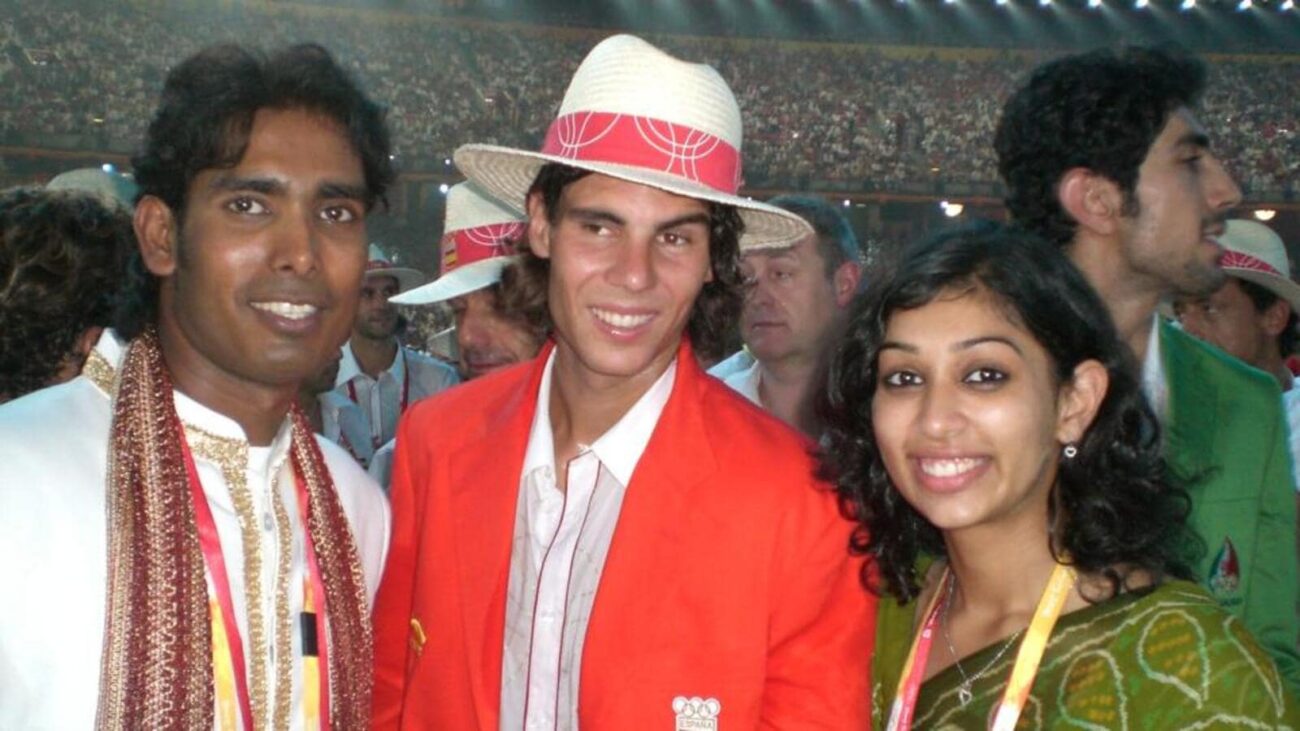The Olympic Village: A Crucible of Dreams and Camaraderie
The Olympic Village, a bustling hub of athletes from around the globe, is a microcosm of the Games themselves. It’s a place where dreams are forged, friendships are made, and the spirit of sportsmanship reigns supreme.
For Saina Nehwal, the 2008 Beijing Games were a transformative experience. Despite her heartbreaking quarterfinal loss, she witnessed the unwavering determination of her roommate, Neha Aggarwal. Aggarwal’s unwavering focus and discipline left an indelible mark on Nehwal, inspiring her to strive for greatness.
The Olympic Village is a melting pot of cultures and experiences. Rafa Nadal and Carlos Alcaraz have shared smiles with Indian athletes in Paris, while Jamie Staff once found himself sharing a laundry room with Nadal. The camaraderie extends beyond the dining hall, where athletes from different countries connect over shared experiences and a common goal.
For Nisha Millet, the 2000 Sydney Games were a whirlwind of excitement. She captured a precious moment with Dawn Frasier, the legendary swimmer, but her camera met an untimely demise. Yet, the memories of cheering for Mohammad Ali and chasing Sergey Bubka for a picture remain etched in her mind.
Anjali Bhagwat and Abhinav Bindra, both making their Olympic debuts in Sydney, initially felt lost in the sprawling Village. But a chance encounter with Monica Seles at the dining hall broke the ice. Bhagwat went on to become the first Indian shooter to reach an Olympic final, while Bindra would later etch his name in history with a gold medal in Beijing.
The Olympic Village is not just a place to rest and refuel. It’s a place where athletes find inspiration and support. When an athlete enters the dining hall with a medal, the entire room erupts in applause. It’s a reminder that every athlete, regardless of their experience or success, is part of something extraordinary.
While the Paris Games will offer a predominantly vegan and vegetarian menu, athletes in Beijing had to make do with limited non-meat options. But as soon as competitions ended, the dining hall transformed into a haven for burgers and pizzas.
The Olympic Village is also a place where cultural exchange flourishes. Nisha Millet’s connection with athletes from Malawi, where her mother was born, is a testament to the power of sports to bridge divides. Athletes from other countries often express curiosity about India, asking about cows, yoga, and sarees.
As the Games evolve, some traditions remain. Every Olympian gets to take their blanket home, a memento of their time in the Village. Nisha Millet still cherishes her blue blanket with the words “Sydney 2000” emblazoned on it.
The Olympic Village is more than just a place to live. It’s a crucible where dreams are forged, friendships are made, and the spirit of sportsmanship reigns supreme. It’s a place where athletes from around the world come together to celebrate the power of human achievement.






